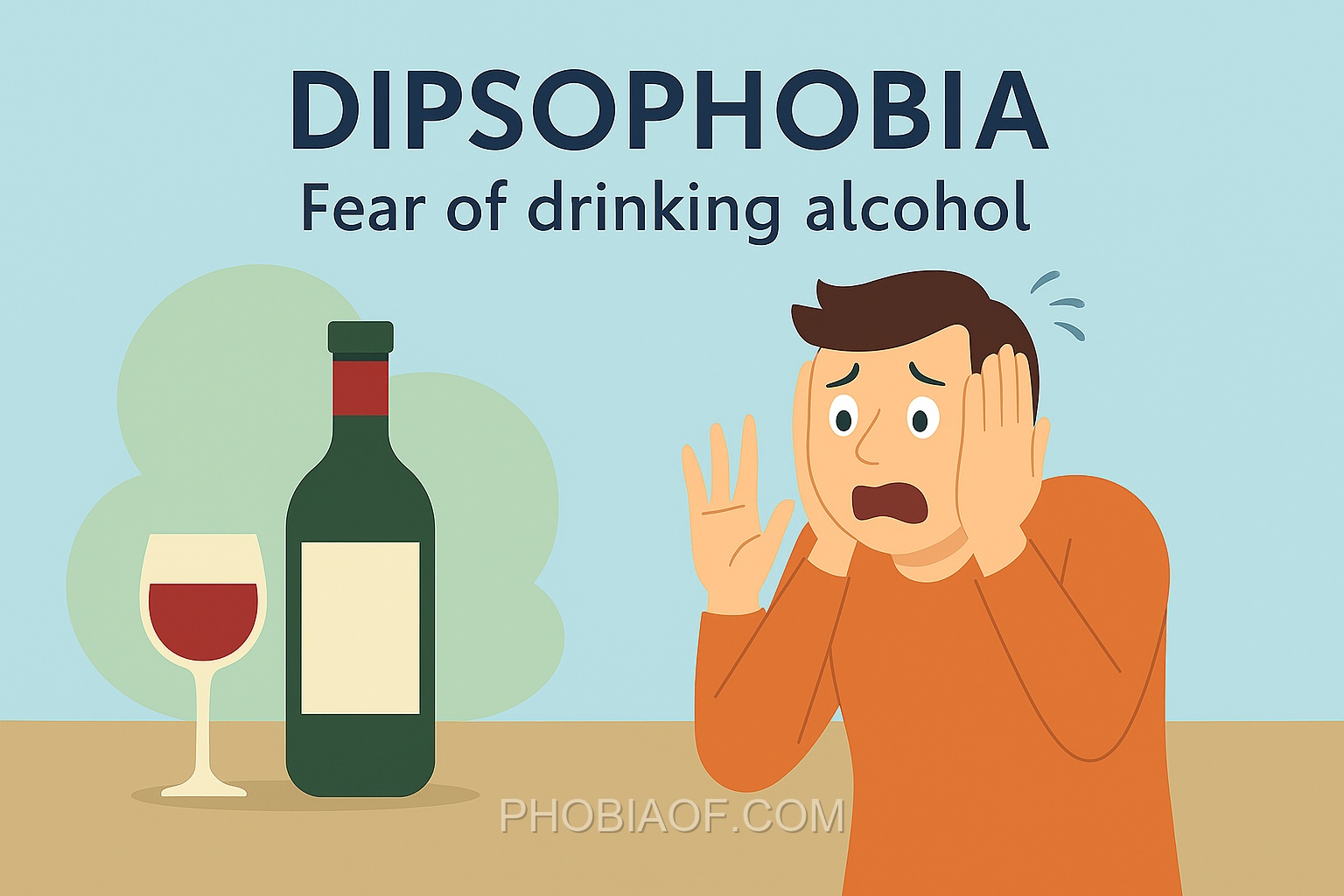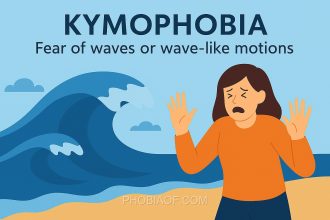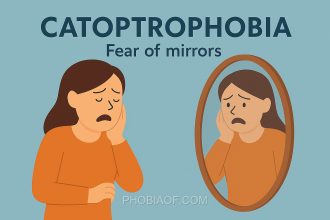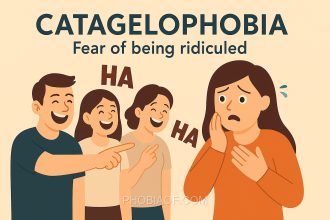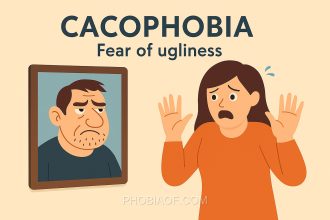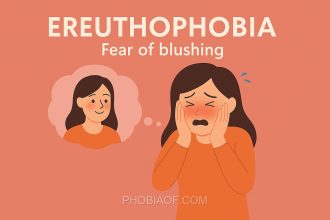Understanding Dipsophobia: The Fear of Drinking Alcohol
Have you ever wondered what it feels like to be afraid of something most people consume casually? For some, the thought of drinking alcohol can be a source of intense fear rather than enjoyment. This condition is known as Dipsophobia.
Dipsophobia is a specific phobia that involves an irrational and persistent fear of consuming alcoholic beverages. The term derives from the Greek words “dipsa”, meaning thirst, and “phobos”, meaning fear. This condition goes beyond simply not liking the taste or effects of alcohol; it involves deep anxiety and avoidance that can impact social interactions and personal relationships.
Individuals with Dipsophobia may experience a range of symptoms when faced with the prospect of drinking alcohol or being in environments where alcohol is present. These symptoms can include:
- Increased heart rate
- Nausea
- Shortness of breath
- Feelings of panic or dread
Generally, this fear can affect people by limiting their social activities, as many social gatherings involve alcohol. It can also create misunderstandings with friends and family who may not understand the intensity of the fear. For those affected, it is important to seek understanding and support, whether through therapy or compassionate conversations with loved ones.
Understanding and acknowledging Dipsophobia is the first step in addressing its impact on daily life. By shedding light on this condition, we can foster empathy and encourage those affected to seek help and support.
Causes of Dipsophobia
Dipsophobia, the fear of drinking alcohol, can stem from a variety of causes. Understanding these potential origins can help in addressing and managing this phobia effectively. Below are some common reasons why someone might develop dipsophobia:
- Genetic Predisposition: Some individuals may be more prone to developing phobias due to their genetic makeup. If there is a history of anxiety disorders or phobias in the family, a person might be at a higher risk.
- Traumatic Experiences: Experiencing or witnessing a traumatic event related to alcohol consumption, such as an accident or a violent incident, can lead to the development of dipsophobia. The brain associates alcohol with danger, triggering fear responses.
- Learned Behavior: Observing family members or close friends who have a fear of alcohol can influence an individual to develop similar fears. This learned behavior is often reinforced if the person is repeatedly exposed to negative views about alcohol.
- Psychological Factors: Individuals with underlying anxiety disorders or obsessive-compulsive tendencies may be more susceptible to developing specific phobias, including dipsophobia. Their heightened state of anxiety might focus on the potential consequences of alcohol consumption.
- Environmental Influences: Cultural or religious beliefs that strongly oppose alcohol consumption can also contribute to the fear of drinking. In some cases, societal attitudes and stigmas surrounding alcohol might exacerbate the fear.
Interestingly, research has suggested that phobias can develop through a combination of these factors rather than a single cause. The Two-Factor Theory, for instance, posits that phobias are acquired through classical conditioning and maintained through operant conditioning. This means a person might initially associate alcohol with a negative experience and then continue to avoid it to reduce anxiety, reinforcing the fear.
Understanding the multifaceted nature of dipsophobia is crucial for those seeking help. By identifying the root causes, individuals can work with mental health professionals to develop effective coping strategies and treatment plans.
Symptoms of Dipsophobia
Dipsophobia is characterized by an intense fear or anxiety related to drinking alcohol. This phobia can manifest in various physical, emotional, and behavioral symptoms that can deeply affect daily functioning. Recognizing these symptoms can be the first step towards seeking help and understanding this condition.
- Intense Fear or Anxiety: A persistent and overwhelming fear of alcohol or situations involving alcohol consumption, even when there’s no immediate danger.
- Panic Attacks: Sudden episodes of intense fear accompanied by physical symptoms such as shortness of breath, chest pain, or dizziness.
- Sweating: Excessive perspiration, particularly in situations where alcohol is present or anticipated.
- Rapid Heartbeat: An increased heart rate or palpitations when thinking about or encountering alcohol.
- Trembling or Shaking: Noticeable shaking, especially in situations where the individual feels exposed to their fear.
- Avoidance of Triggers: Actively avoiding places, people, or events where alcohol may be present, sometimes to the detriment of personal and social life.
- Overwhelming Dread: A constant sense of impending doom or distress related to alcohol, even when not directly confronted with it.
- Emotional Distress: Feelings of helplessness, frustration, or embarrassment about the fear and its impact on life.
These symptoms can significantly interfere with daily life, especially if the phobia is severe, leading to isolation and avoidance of social situations where alcohol might be present.
Treatment Options and Coping Strategies for Overcoming Dipsophobia
Overcoming a fear of drinking alcohol, known as dipsophobia, is not only possible but manageable with time and the right approach. It’s important to remember that you are not alone, and with commitment and professional guidance, you can reduce your fear and regain control over your life. Below are some effective treatment options and coping strategies to help you on your journey to overcoming this phobia.
Proven Therapies
- Exposure Therapy: This therapy involves gradually and systematically facing the fear of alcohol in a controlled and supportive environment. By progressively exposing yourself to the situations that trigger your fear, you can reduce your anxiety response over time. A therapist can help you create a step-by-step plan to confront your fear at your own pace.
- Cognitive-Behavioral Therapy (CBT): CBT is a highly effective treatment that focuses on changing the negative thought patterns that contribute to your fear. By working with a therapist, you can learn to identify and challenge irrational beliefs about alcohol and replace them with more balanced and realistic thoughts.
- Counseling: Speaking with a counselor can provide a safe space to explore the underlying causes of your phobia. This therapeutic relationship can help you gain insights into your fear and develop personalized strategies to manage it.
Self-Help Coping Techniques
- Relaxation Exercises: Techniques such as deep breathing, progressive muscle relaxation, and visualization can help calm your mind and reduce anxiety symptoms when faced with alcohol-related situations.
- Meditation: Regular meditation practice can increase your awareness of your thoughts and emotions, helping you to manage stress and remain grounded in the moment.
- Support Groups: Joining a support group can connect you with others who understand your experiences and provide encouragement and advice. Sharing your journey with others can be empowering and comforting.
Additional Considerations
In some cases, medication such as anti-anxiety medications might be considered for severe instances of dipsophobia. However, it’s important to focus on therapy and developing coping skills as the primary methods of treatment.
If this phobia is interfering with your daily life, I strongly encourage you to seek professional help. A mental health professional can tailor a treatment plan to your specific needs and guide you on the path to overcoming your fear. Remember, taking the first step towards treatment is a courageous decision, and with perseverance, you can successfully manage dipsophobia.
Conclusion
Understanding the intricacies of dipsophobia, from its causes to its symptoms, is a vital step in empowering individuals to address this specific fear. By recognizing the underlying factors and identifying the manifestations of this phobia, one can begin to take proactive steps towards overcoming it.
It is important to remember that many people with phobias, including dipsophobia, have successfully managed or even conquered their fears with time and the right support. With patience and perseverance, progress is possible, and you are not alone in this journey.
For those who find their fear of drinking alcohol significantly impacting their lives, seeking professional help can be a beneficial step. Consider reaching out to a therapist or consulting with a doctor to explore effective coping strategies and treatment options. Support from mental health professionals can provide valuable guidance and reassurance as you work through your phobia.
Ultimately, facing dipsophobia is a courageous endeavor, and with the right approach, a fulfilling and fear-free life is within reach. Stay hopeful, take one step at a time, and remember that progress is a journey, not a destination.
